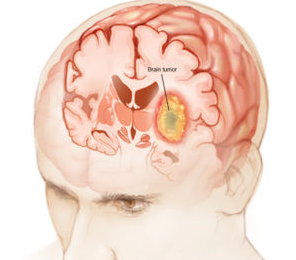Tumors of the central nervous system usually start in the brain or spinal cord. Of these, brain tumors account for 85 to 90 percent of primary central nervous system tumors.
A craniotomy is done to operate on your brain and remove abnormal tissue growth. This surgery takes a toll on your body and causes soreness, swelling, headaches, and pain in its aftermath.
We provide a range of services to diagnose and treat brain and spinal tumors at Houston Neurosurgery & Spine. Our testing procedures employ the latest technologies of MRI, CT Scans, PET Scans, EEG, and Spinal Tap.
Surgical safety and precision are our priority so we’re able to remove the tumor without the risk of it spreading.
After our expert neurosurgeons have performed a craniotomy or neuroendoscopy, this is the post-surgery care you need to speed your recovery:
Get the Rest You Need
Getting surgery to remove a brain tumor can take a toll on your body, so it may take some time to get back to your regular activities.
Resting is a normal process of recovery that will help your body recuperate. Make sure you pay attention to your body’s needs and don’t overexert yourself if you feel tired. The road to recovery is slow, but you can gradually return to your normal functions with the right after-care.
Exercise Your Body
After your surgery, your doctor may prescribe bed rest so that you don’t overwork your body. These excessive periods of immobility can make your body weak.
A physical therapist and occupational therapist can help you regain your range of motion and assess whether you’re able to do all the physical tasks you were previously able to. An exercise regimen will help you improve your balance and strength.
Increase your movement bit by bit to boost your body’s blood flow and encourage natural healing.
Be Careful Lying Down
Since you’ll be spending a lot of your post-surgery time lying down, make sure you don’t place too much pressure on your head. Keep foam padding or a towel under your pillow so your head is raised and comfortable.
Evaluate Your Deficiencies
Brain tumors can often leave you with deficiencies that might surprise you. You may realize that you have difficulties with speech, language, and memory.
A speech and language pathologist will help you evaluate your problems, assess areas of need, and walk you through the process for recovery.
Getting surgery for a brain tumor is tough, but it’s the home stretch to healing. Make sure you employ experienced professionals who can help you recover quickly, but carefully.
One of the top neurosurgery center in Houston provides personal care and tailored treatments to help before, during and after surgery.
Our neurosurgeon, Dr. West, will help you on your road to recovery.
Make an appointment for an in-office assessment today at our neurosurgical spine center Houston.

